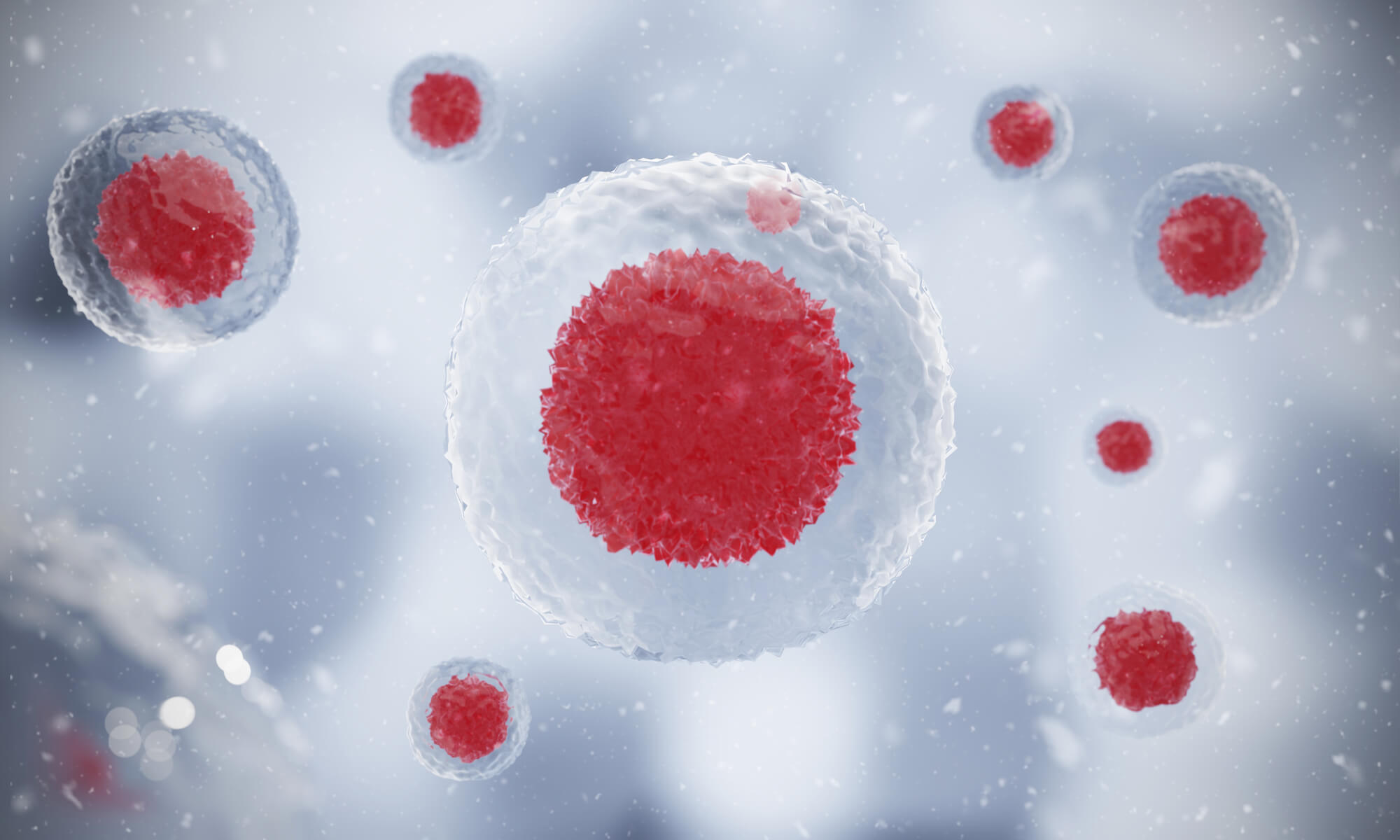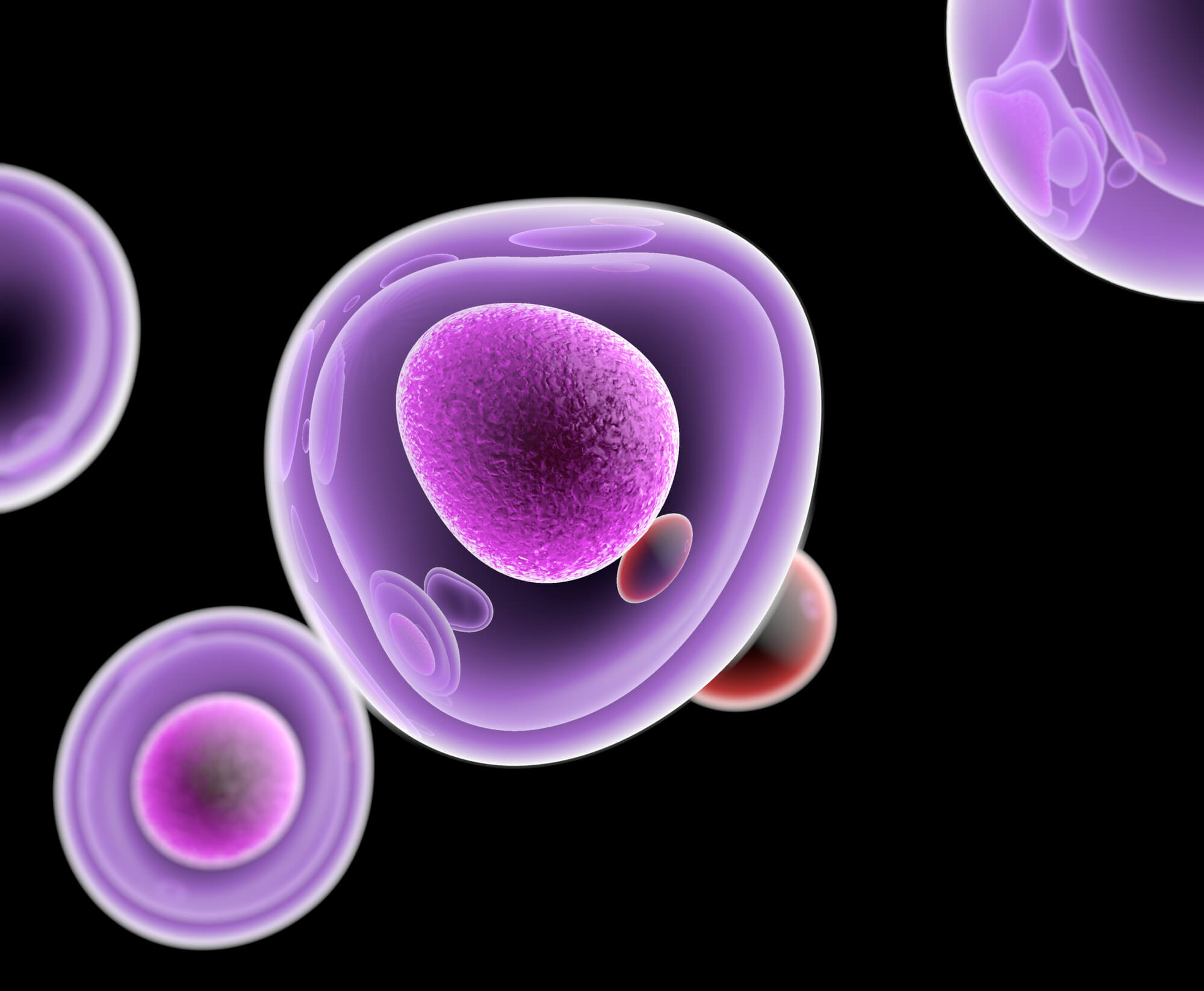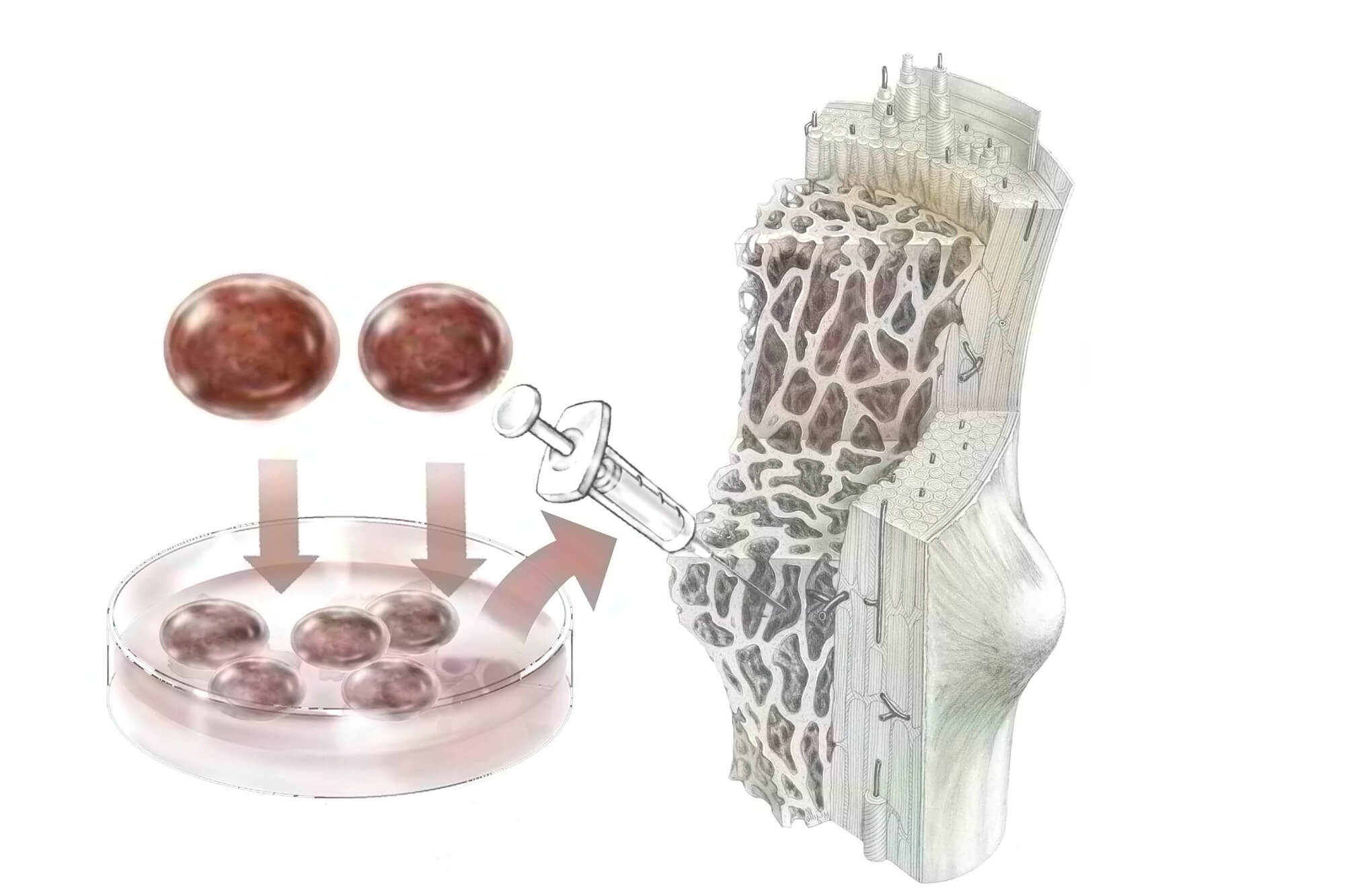
Why Choose Stem Cell Therapy?
Stem cell treatments in Franklin may sound too good to be true, yet numerous studies have repeatedly demonstrated the efficacy and safety of stem cells. Stem cell therapy offers an alternative method for addressing certain medical conditions.
The unique properties of stem cells allow them to undergo transformation and regeneration into specialized cells capable of repairing damaged tissues to promote healing and improve health.
Seeing its potential to treat various medical conditions, researchers began exploring stem cell therapy more in-depth.
As new pieces of information continue to surface throughout the years, researchers are convinced of its potential to improve the lives of humanity.

Why Should You Choose Stem Cell Therapy?
What Do Stem Cells Do?
Stem cells are naturally occurring cells in your body. What’s exceptionally unique about them is their ability to transform into specialized cells and regenerate damaged tissue. They are the building blocks of your body and play a crucial role in the growth, development, and repair of tissues and organs.
Embryonic and adult stem cells are the two main types of stem cells. The former are derived from early-stage embryos, while adult stem cells are found in various body tissues, including blood vessels, teeth, heart, skin, and bone marrow.
What Makes Stem Cells Different from Other Cell Types?
Stem cells have unique properties that cannot be found elsewhere. First, they can divide and renew for an extended period of time. Second, they are unspecialized, meaning they do not have specific functions, and third, they have the potential to turn into specialized cells such as the brain, blood, and muscle cells.

What Are the Benefits of Using Stem Cell Therapy?
#1 Regenerate Damaged Tissues
The unique ability to transform into specialized cells and regenerate tissue makes stem cell therapy an attractive and promising option for treating injuries and chronic diseases.
When tissue is damaged, such as in the case of a muscle tear or a degenerative joint disease, the body’s natural healing process is often not enough to restore function fully.
However, by introducing stem cells to the affected area, it is possible to stimulate the growth of new, healthy tissue, improving overall function and reducing pain and discomfort. Stem cells can also help repair damage to organs, such as the liver or pancreas, potentially eliminating the need for organ transplants.

#2 Reduced Inflammation
Stem cells have anti-inflammatory properties, which can help reduce pain and discomfort. Inflammation is your body’s natural response to injury or infection.
However, chronic inflammation can make you susceptible to the development of many diseases, including arthritis, heart disease, and cancer. By reducing inflammation, stem cells can help alleviate symptoms and improve overall health.
Stem cells can reduce inflammation in several ways:
- Modulating the Immune System: Stem cells can modulate the immune system by regulating the activity of immune cells. Thereby helping the immune system from overreacting and causing excessive inflammation.
- Secreting Anti-Inflammatory Proteins: Stem cells secrete various anti-inflammatory proteins that can help reduce inflammation in the body. These proteins can inhibit the activity of pro-inflammatory molecules and immune cells, thus reducing inflammation.
- Promoting Tissue Repair: Stem cells can help repair damaged tissues, reducing inflammation in the affected area. When tissues are damaged, they release pro-inflammatory molecules that can contribute to inflammation. By promoting tissue repair, stem cells can help reduce the release of these molecules and alleviate inflammation.
Examples of conditions where stem cell therapy can be used to reduce inflammation include:
- Rheumatoid Arthritis: Stem cell therapy has been used to effectively treat patients diagnosed with rheumatoid arthritis, an autoimmune disease that causes chronic inflammation in the joints. Stem cells can help regulate the immune system and reduce inflammation in the affected joints.
- Crohn’s Disease: Crohn’s disease is a a type of inflammatory bowel disease that results in inflammation in the digestive tract. Stem cells have been found to reduce inflammation in the bowels of patients with Crohn’s disease.
- Heart Disease: Did you know stem cell therapy can also treat heart disease? Heart diseases are typically caused by inflammation in the blood vessels. Stem cells can help regenerate damaged heart tissue and reduce inflammation, improving heart function.
- Multiple Sclerosis: Stem cell therapy can also potentially treat patients with multiple sclerosis with their inherent ability to modulate the immune system. Multiple sclerosis is an autoimmune disease that causes brain and spinal cord inflammation.

#3 Decreased Pain
Stem cells can help reduce pain and discomfort associated with certain conditions, such as osteoarthritis. Osteoarthritis is a degenerative joint disease affecting millions of people worldwide. It causes pain, stiffness, and limited mobility in the affected joints.
Although treatments, such as pain medications and physical therapy, are available to manage symptoms, they don’t always work for everyone.
Stem cell therapy effectively reduces pain associated with osteoarthritis by promoting tissue repair and reducing inflammation in the affected joint. This can improve patient’s quality of life by reducing their reliance on pain medication and allowing them to participate in previously difficult or impossible activities.

#4 Improved Mobility
Stem cell therapy can help improve mobility in patients with certain conditions, such as spinal cord injuries and moderate to severe osteoarthritis. Spinal cord injuries can result in paralysis or limited mobility, depending on the severity of the injury.
Even though the symptoms can be managed with physical therapy sessions and assistive devices, they are not for everyone.
Since stem cell treatment helps promote tissue repair and reduce inflammation in affected areas, the treatment can significantly improve the range of motion and overall mobility of patients with spinal cord injuries.
Similarly, in the case of osteoarthritis, stem cell therapy can help regenerate damaged tissue and reduce inflammation in the affected joint, thus allowing patients to regain their mobility fully.

#5 Eliminate the Need for Surgery
In some cases, stem cell therapy can be used as an alternative to surgery. Doctors are leveraging the inherent characteristics of stem cells in repairing and regenerating damaged tissues and reducing inflammation, all of which aid in promoting natural healing without the need for invasive procedures.
Furthermore, injecting stem cells in damaged areas is incomparably cheaper than surgery. So for patients who are candidates for surgery, ask your medical practitioner about stem cell therapy.
Although stem cell therapy has its fair share of risks, they are fewer than those associated with surgical procedures.

Find Out More About Stem Cell Treatments at Franklin
Our team at Nashville Regenerative Orthopedics will explain stem cell therapy in more detail during your consultation.
We are also excited to answer your questions about the treatment, including the cost, risks, and what you can expect after. Rest assured; we only use adult stem cells and never embryonic ones. Contact us for more information about how your body’s healthy stem cells can accelerate your body’s healing.

